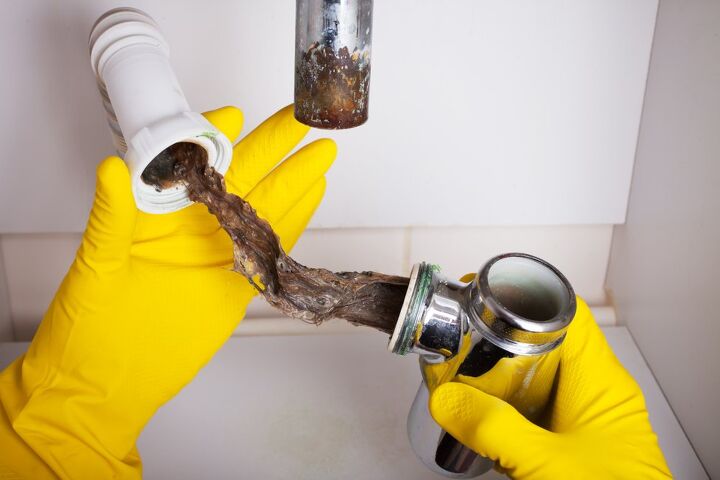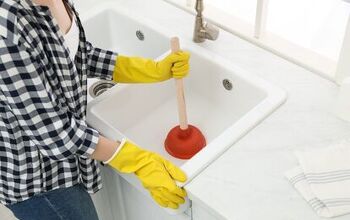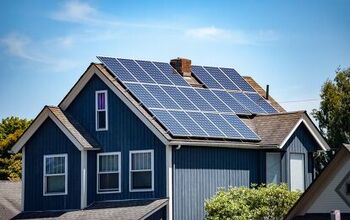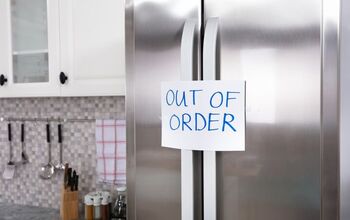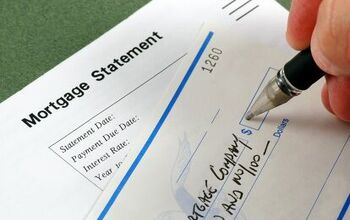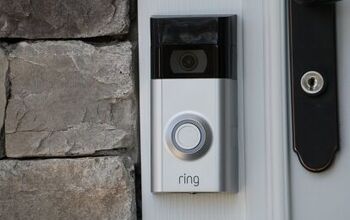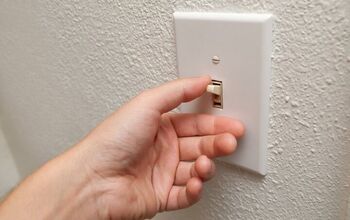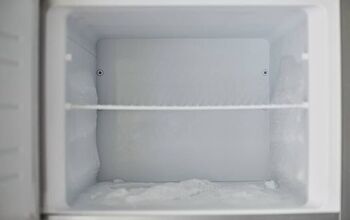Does The Landlord Pay For A Clogged Drain?

There will always be questions concerning the responsibility of various repairs and obligations regarding the tenant-landlord relationship. In many situations, where those obligations and responsibilities lie is clearly defined by tenant-landlord law.
In many circumstances, however, those definitions will involve a litany of variables. These factors also can make it difficult to determine who is responsible for plumbing issues like a clogged drain. For example, does the landlord or tenant need to pay for a clogged drain problem?
In most cases, the landlord is responsible for fixing a clogged drain. The exceptions here are when the drain has been intentionally misused or in the event of malicious intent. Barring these rare exceptions, the landlord should bear the burden and cost of having clogged drains repaired.
Tenant-landlord law, regardless of where you live, requires landlords to keep homes in inhabitable condition and in a state of decent repair. To this point, clogged drains can not only cause a home or apartment to fall outside the scope of decent repair but can also create potentially unhealthy and uninhabitable conditions as defined by the law.
Knowing what the tenant obligations are and what responsibilities belong to the landlord is important for everyone involved. That also includes issues pertaining to plumbing problems like clogged drains.
Do You Need Drain Cleaning Services?
Get free, zero-commitment quotes from pro contractors near you.

Tenant vs. Landlord Requirements and Responsibilities
While the landlord is generally responsible for repairing and dealing with any issues with their rental properties, both parties have obligations. The lease agreement is always the Holy Grail when it comes to tenant and landlord disputes. This also means it is important to understand what the contract outlines concerning tenant and landlord responsibilities.
Tenant Expectations
It is typically assumed that the tenant will avoid making any major changes to the property structure without first getting approval from the landlord. When a problem is encountered with the apartment or rental property, however, these expectations can vary greatly.
In some cases, the lease agreement won’t inhibit or promote repairs like drain cleaning by the tenant. These rental contracts can also fall on the other end of the spectrum and even prohibit any repairs and require tenants to contact property management. Failure to comply with these agreements can negate the landlord’s obligation to pay for the expenses to fix a clogged drain.
Landlord Expectations
A standard of tenant-landlord law is the obligation of the landlord to provide a suitable rental property. The law often defines this as inhabitable or livable. In the event of a clogged drain, the landlord is required to both fix and cover the expenses of these repairs as this presents a situation deemed uninhabitable.
Barring any malicious efforts on behalf of the tenant or a violation of the contract (such as the aforementioned example), landlords must not only fix and pay for repairs, but they need to do so sooner than later. Although a clogged drain may not seem like an immediately concerning problem, it can pose a surprising number of risks.
What Kind of Problems Can a Clogged Drain Cause?
When that kitchen drain stops draining as fast, when the drain in the bathroom takes twice as long as usual or stops draining at all, it is time to get help. A clogged drain is also a cause of concern for both the tenant and the landlord. And it is also a problem that requires immediate attention. Here are a few of the problems that can result from a clogged drain.
Flooding potential
Traditional plumbing systems, probably like the one in your home, are connected. That means a clog in one drain can and eventually will impact the other drains. In the worst-case scenarios, this can result in flooding.
Pests infestation
When drains get clogged and when they don’t drain properly, any number of particles including, food, hair, and bacteria can be left to build up on the inside of the drain. That inevitably becomes an invitation for pests. These include common scavenger pests like:
- Drain flies
- Cockroaches
- Ants
- Fruit Flies
- Silverfish
Moisture promotes mold growth
The concerns surrounding mold are well known. What may not be common knowledge is that slow drains and clogs can also promote the growth of mold. It is also worth noting that the longer the problem persists, the greater the risk of mold growth.
Health concerns
In addition to mold, bacteria and microbes are problems that can arise from clogged drains. These problems are also related to many common health issues and even potentially more serious health concerns. A few of the common health issues that can result from clogged drains include:
- Salmonella
- Staph
- Campylobacter
- E. Coli
- Typhoid
- Legionella
A few of the symptoms people can experience who are dealing with clogged drains are:
- Coughing and or sneezing
- Irritation if eyes, nose, throat
- Skin Rash
- Headaches
- Lung Irritation
Structural problems
That simple slow-draining sink isn’t so simple. Left to its own accord, even small clogs will become big clogs. These problems then lead to issues like leaks and weakened water pressure. Eventually, those clogs will even damage and require the replacement of the plumbing system.
Do You Need Drain Cleaning Services?
Get free, zero-commitment quotes from pro contractors near you.

How to Deal with a Clogged Drain
If you are experiencing a problem with a sink that is draining slowly, then that means it is time to address the concern. Many tenants will be inclined to buy some drain cleaner right away, but it may be wise to stop and read your lease agreement first. In some cases, landlords will advise against using certain types of drain cleaners or any cleaners at all for fear of damaging PVC and other plumbing structures.
It is also important to contact the landlord to advise them of the problem. The law states that landlords have a “reasonable” amount of time to fix problems. The tenant-landlord law also states that it is the tenant’s responsibility to make the landlord aware of the problem.
Related Guides

We are a team of passionate homeowners, home improvement pros, and DIY enthusiasts who enjoy sharing home improvement, housekeeping, decorating, and more with other homeowners! Whether you're looking for a step-by-step guide on fixing an appliance or the cost of installing a fence, we've here to help.
More by Upgraded Home Team



